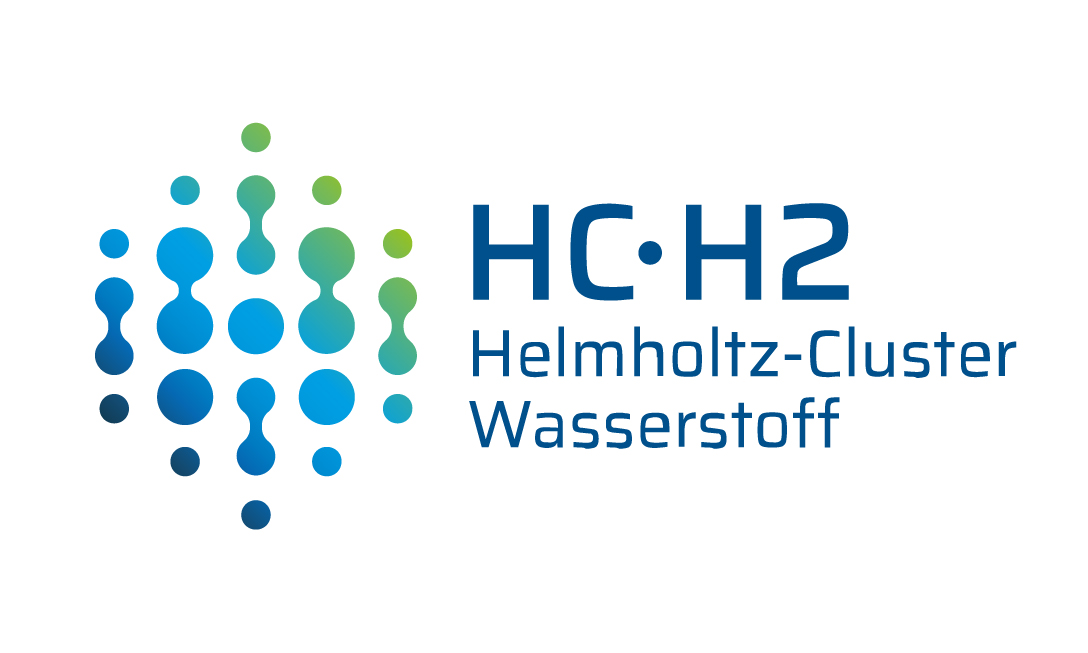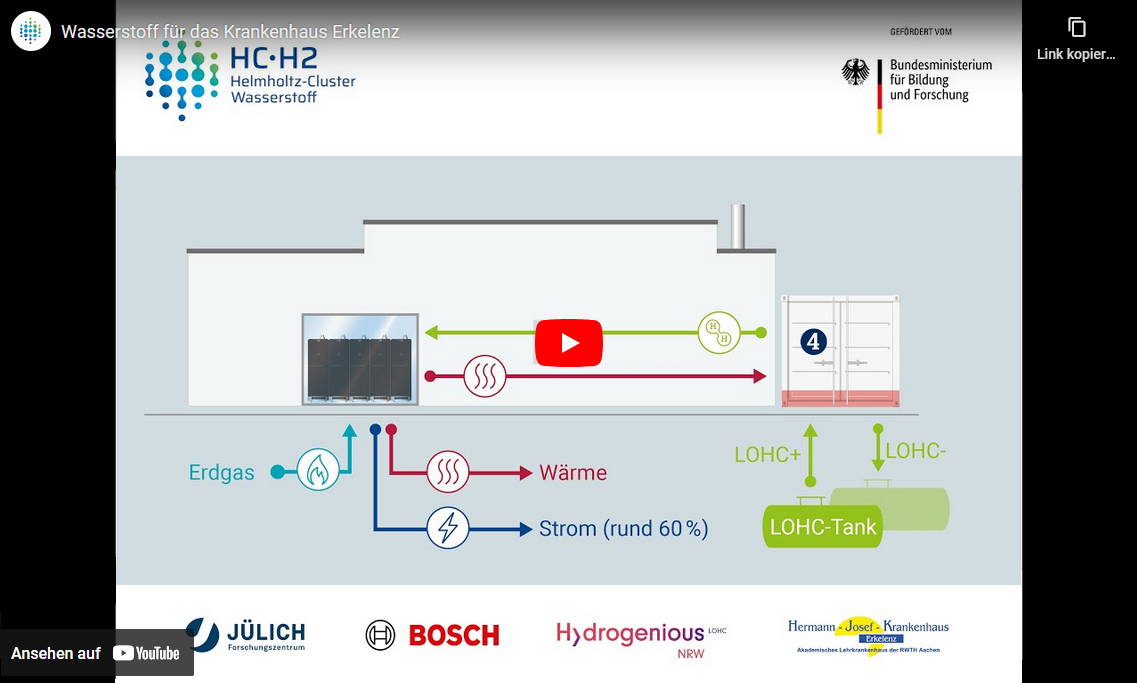
SDG 7 aims to ensure access to affordable, reliable, sustainable, and modern energy for all. This not only includes substantially increasing the share of renewable energy in the global energy mix, but also enhancing international cooperation to facilitate access to clean energy research and technology, and promoting investment in the expansion of energy infrastructure and energy technology.
Overview, targets and indicators of SDG 7
Forschungszentrum Jülich is helping to realize SDG 7 by conducting research into sustainable and modern energy supply methods together with partners from industry and research.
Multi-SOFC (Erkelenz hospital)
A climate-friendly and affordable energy supply as an alternative to existing options is becoming increasingly popular – not just for private households. However, in order to reduce climate-impacting emissions globally, the large energy consumers in particular must start using clean technologies.
This is precisely where various methods of chemical hydrogen storage can be applied. Their strengths become apparent in large-scale use, where they are already economically viable from today's perspective. However, the conversion plants that have been produced so far in pre-series production are generally still too expensive to make the technology accessible to a larger group of users.
The H2 demonstration region offers a suitable framework to investigate plants of relevant sizes in real-life operation and to further optimize them on the basis of operational experience.
The focus of the Multi-SOFC demonstration project at the Hermann-Josef-Krankenhaus (HJK) hospital in Erkelenz is on a solid oxide fuel cell (SOFC) system produced by Robert Bosch GmbH to supply electricity and heat. In the first project phase, the SOFC system will be powered by natural gas. In a later expansion stage beginning in early 2026, however, 10 SOFC modules will be supplied with hydrogen based on liquid organic hydrogen carrier (LOHC) technology provided by Hydrogenious LOHC NRW GmbH.
The partners are continuously optimizing the system during the project phase. In addition, they are gaining a data set that can be used to configure the energy system for further projects or specific applications in the future.

"The project in Erkelenz is the first of several demonstrators being coordinated by the Helmholtz hydrogen cluster (HC-H2) in the Rhenish mining area. The work being conducted in Erkelenz will serve as a flagship project that can have a far-reaching impact. It is intended to serve as a globally visible model for the future energy supply of large buildings," says Dr.-Ing. Michael Alders, contact person for the Multi-SOFC demonstration project, project engineer at HC-H2 and team leader at the Institute for Sustainable Hydrogen Economy (INW).
HC-H2 consists of Forschungszentrum Jülich’s Institute for Sustainable Hydrogen Economy (INW), which was founded in 2021, and its project partners from industry, business, local authorities, and research.


